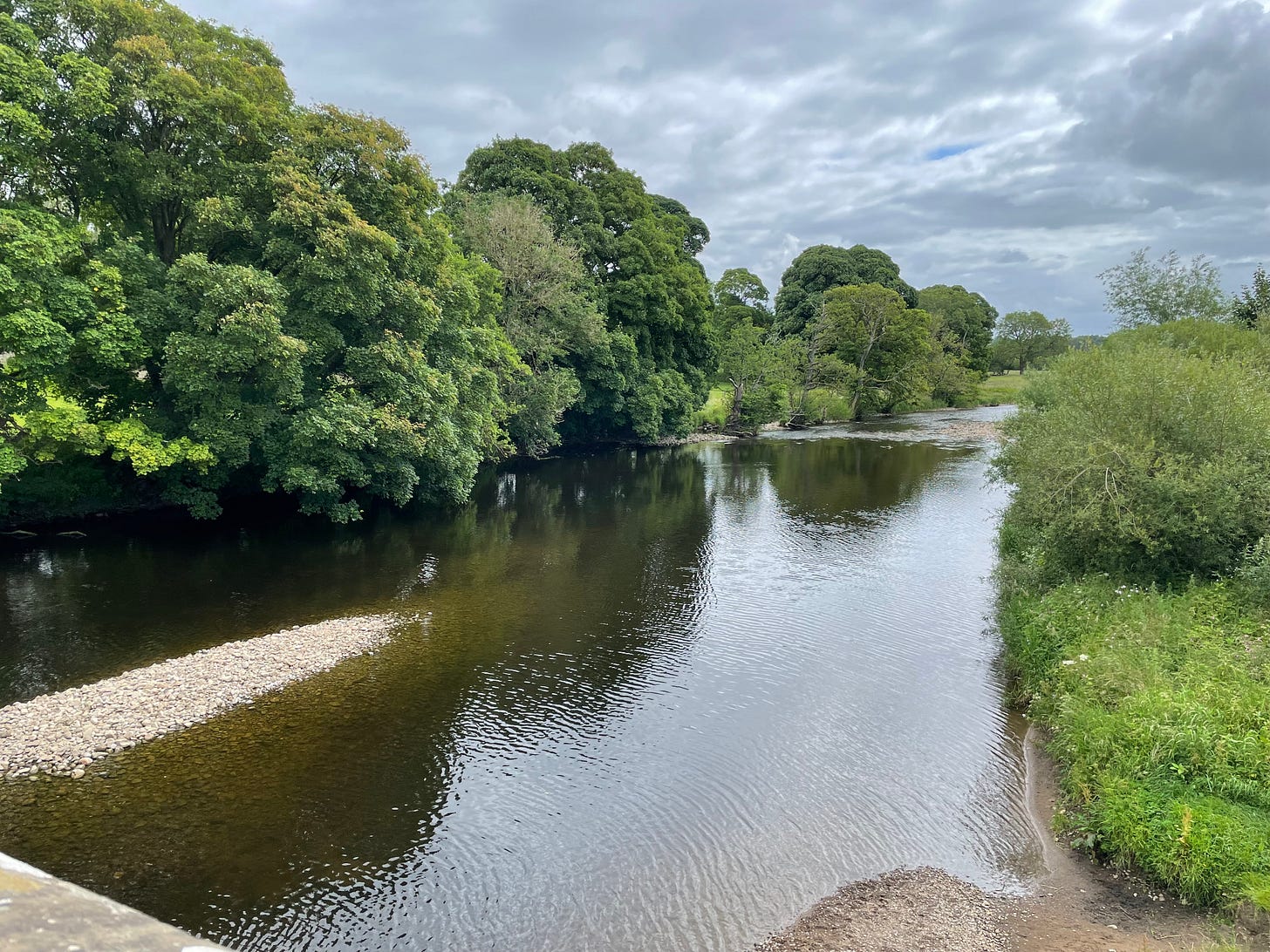River campaigners grapple with new bathing status rules
A welcome re-opening of applications for bathing water status but - will some fall foul of the new requirements?
River campaigners are gearing up for a summer of action after the government this week announced that applications for new bathing waters in England will re-open in May.
The EU-derived bathing water regulations have been used by campaigners as a driver to clean up toxic rivers, which suffer from sewage pollution and agricultural runoff.
But the applications for groups seeking the prized Designated Bathing Water Status (DBWS) were closed off by the previous government and groups have been left without a clear route forward until now.
When a waterway is granted DBWS, it is subjected to a much tougher testing regime by the Environment Agency to determine the level of faecal pollution at the site. Waterways are given the status: poor, sufficient, good or excellent.
However, the re-opening has brought in some new requirements and campaigners in North Yorkshire looking after the Swale (SOS) and the Ure (SUP) are giving the announcement a cautious welcome as there maybe a sting in the tail.
A spokeswoman for SOS said the requirement of the application which states consideration be given to a waterways’ feasibility to improve - could leave rivers basically too polluted to be improved.
“SOS will be reapplying this year so there’ll be a lot of work going on this summer surveying numbers of water users etc.
“We’re holding a series of stalls at Richmond Market, starting this Saturday to explain:
i )what’s involved in obtaining DBWS and in the mean time showcasing our self-designated signage
ii ) our work monitoring Richmond STW which has produced some awful analyses of the supposedly cleaned sewage…However, we think YW have finally agreed to let 3 of us visit, having previously told us it was ‘too dangerous’… and
iii) explaining monthly water monitoring and invertebrate testing.”
In Wensleydale, a spokesman for SUP said they felt “generally positive” to the Governments proposals and the re-opening of the scheme but they also had similar fears.
“We are however concerned that the “feasibility test” which basically means that if a site is too polluted and costly to fix, it could be denied bathing water status altogether. No status – No action and the polluters win.”
The group is continuing the monitoring of pollution in the River Ure alongside applying for DBWS for one or two sites.
Campaigners at the UK’s first river to receive bathing water status and subsequently investment to clean up the river have also spoken out about their concerns about the new process too. Becky Malby of the Ilkley Clean River Group told The Guardian: “We are shocked at the move to only designate waters that have the potential to meet sufficient water quality.”
People's Commission on the Water Sector
In a separate move the national People's Commission on the Water Sector comes to Knaresborough on the 31st March, and members of the public are invited to join the event to investigate how to secure a resilient water system for Britain, diving into the on-going water sector crisis and working out the solutions that the public support.
This is a unique opportunity for members of the public to say what they want from the government, the water industry, regulators and polluters, ensuring that those who use water services and pay for the entire water sector play a full part in the future of the water sector.
Nidd Action Group's David Clayden says "The people of Yorkshire and beyond have shown their love of and concern for the health of our rivers. Now is the time for action from a refreshed and resilient water system able to fully engage with citizens"
The People's Commission is led by four academics from UK Universities, who form the panel for the investigation. Four expert witnesses have been invited to present, and the public will be asked for their reactions, ideas and what they want the government and water sector to do.
Water Campaigner Feargal Sharkey ured people to take part saying: "The industry clearly cannot be trusted, neither can the regulators. None of them have the right answers. It's time to listen to the public. Here's your opportunity."
Want more news like this? Subscribe for free to our weekly Tuesday newsletter via the button below. Don’t forget, we also publish news on the website and via social media through the week too!





